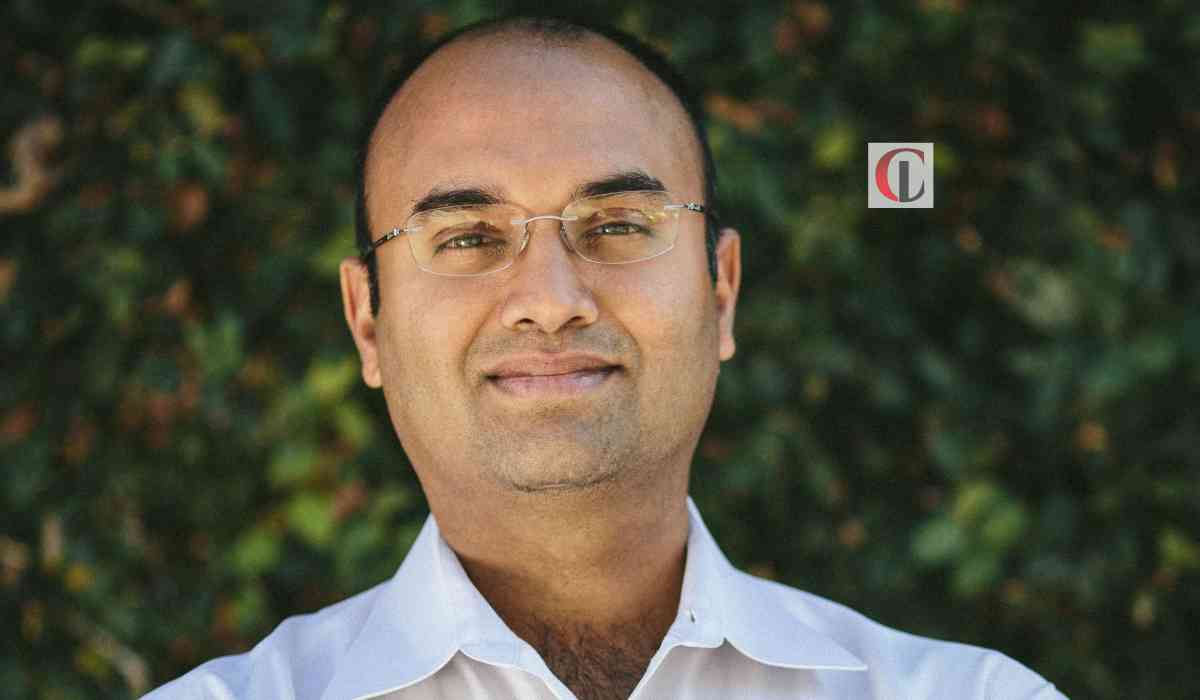Observation and creative thinking describes the personality of a successful person and through embracing this traits, one can easily prevail. Possessing such attributes, Sriram Chakravarthy, the CTO and Co-founder of Avaamo has contributed his great knowledge in the remarkable success of his company.
Below are the highlights of the interview conducted between Sriram and CIO Look:
Give a brief overview of your background and your role in the company.
I am the chief technology officer and co-founder of Avaamo, also the leader in conversational AI. Before Avaamo, I spent more than 15 years designing massively scalable distributed software as vice president of products for the social computing division at TIBCO. I was responsible for building tibbr, TIBCO’s SaaS-based social computing platform. During that time I successfully scaled engineering, support, and services to serve customers in 121 countries.
Earlier at TIBCO, I handled product strategy and management of TIBCO’s core portfolio of business integration products and, a $400 million product line. I’ve also worked as a software engineer and architect in messaging, e-commerce and cloud software and have picked up a dozen patents. In the earlier part of my career, most of the products I was building were about connecting business applications. The idea with Avaamo is roughly the same except we are bringing the automation to the last mile of interaction so it can better serve customers.
How do you diversify your tech solutions that appeal to your target audience?
First, I think it’s important to tell you a little more about Avaamo. We’re a deep-learning software company that specializes in conversational interfaces to solve specific problems in the enterprise. Our primary goal is to make conversational computing for the enterprise a reality.
The way we’re doing that is moving past technology that merely answers commands to technology that understands context and can converse.
To deliver the conversational AI as promise, fundamentally new technology has to be built to perform multi-turn discussions and execute intensive judgment tasks just like humans. When you can do this, you can revolutionize businesses. The number of use cases is staggering; companies can streamline and improve their service desk and drastically improve customer care; insurers can generate quotes in minutes, and health care providers can help diabetics or cardiovascular patients better by monitoring their health care through a virtual assistant on an app.
Avaamo was built from scratch to appeal to the global audience. We support multiple languages and multiple verticals. We created the platform for a diverse set of users and people across the globe. Most businesses now expect to cater to a global audience, and their success is based in part on how they handle that expectation. People prefer to interact in their own languages, and they want to experience brands in their own language. Besides, Avaamo’s target audience is the enterprise, so by default, we need to think globally.
Describe some of the vital attributes that every tech individual should possess.
The field is incredibly competitive. There’s fierce competition to get into a job with a successful tech company and fierce competition, if you decide to form a startup. Intelligence and work ethics are essential and, frankly, expected. What is even more important is that people entering the field or starting a new job to understand what a company is trying to do for the customer. Everyone in an organization needs to think about what they are doing day-to-day to help achieve that goal. That’s true if you are the engineer, salesperson, and marketer. You also need to be intellectually honest and be willing to put in long hours at times.
What were the past experiences, achievements or lessons that shaped your journey?
What I learned as an engineer is that it’s not about the lines of code I wrote; it’s about the lines of code I did not write. As a product manager, it wasn’t about the features in the product, but the features that were eliminated to make sure it was just right. As a product marketer and later a CTO, you face difficult decisions on a daily basis, and you can’t always expect to get it right. But it’s important to realize that to finish first you have to first finish.
What were some of the primal challenges and roadblocks that you faced during the initial phase of your journey?
A lot of it is about challenge and vision. The biggest problem starting off, especially in technology, understands where you need to be in the next five years. When someone starts in tech, it’s easier to join a large company and become a part of an existing framework. If you have a notion that you want to create something that has a significant impact on the world, you need to start thinking if that’s the right place. In my life, I could have joined a Fortune 500 company right out of college. Instead, I joined a startup because I wanted to jump in and learn as much as possible. A smaller company offers that kind of training and exposure.
With ascension in the number of pivotal and ground-breaking technological advancements, the role of technologists is continually evolving. How according to you, has this role changed over the years?
It’s changed in a few ways. Even five years ago I would have said that business was the driver for technology. Now, you see that software is changing the world. The software is the business. Everyone is reinventing themselves as a result.
Where do you see yourself in the coming years and what are your future goals?
First and foremost the goal is to help Avaamo become a crucial component of reinventing how business is conducted in the 21st century. The possibilities are enormous: conversational AI promises to both radically overhaul customer service and free human time and talent for different and more engaging jobs. I would also like to be part of a group of technologists that work collectively to make the world a better place by boosting employment, solving our most pressing scientific and business challenges and sparking creativity around the globe.




